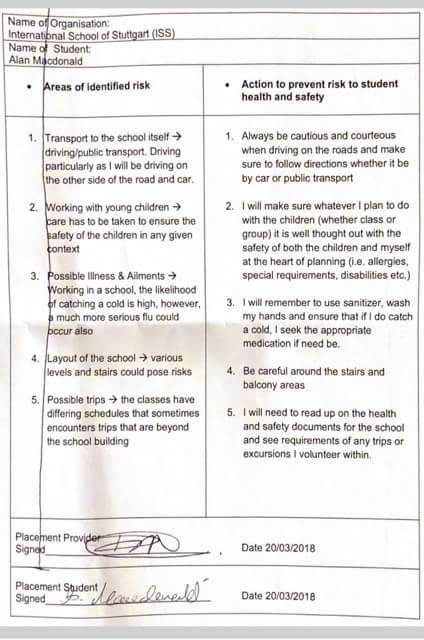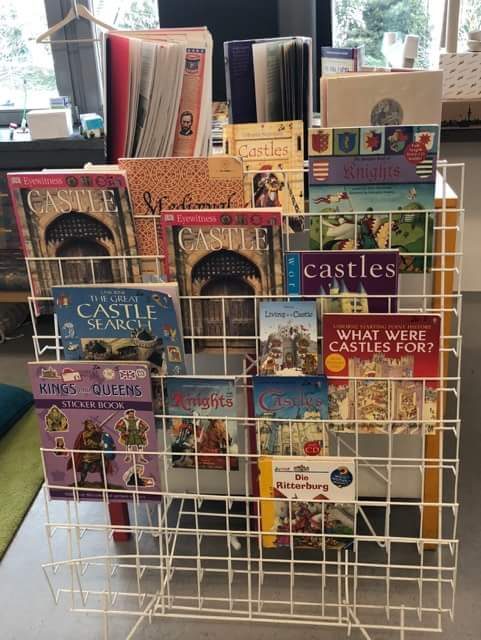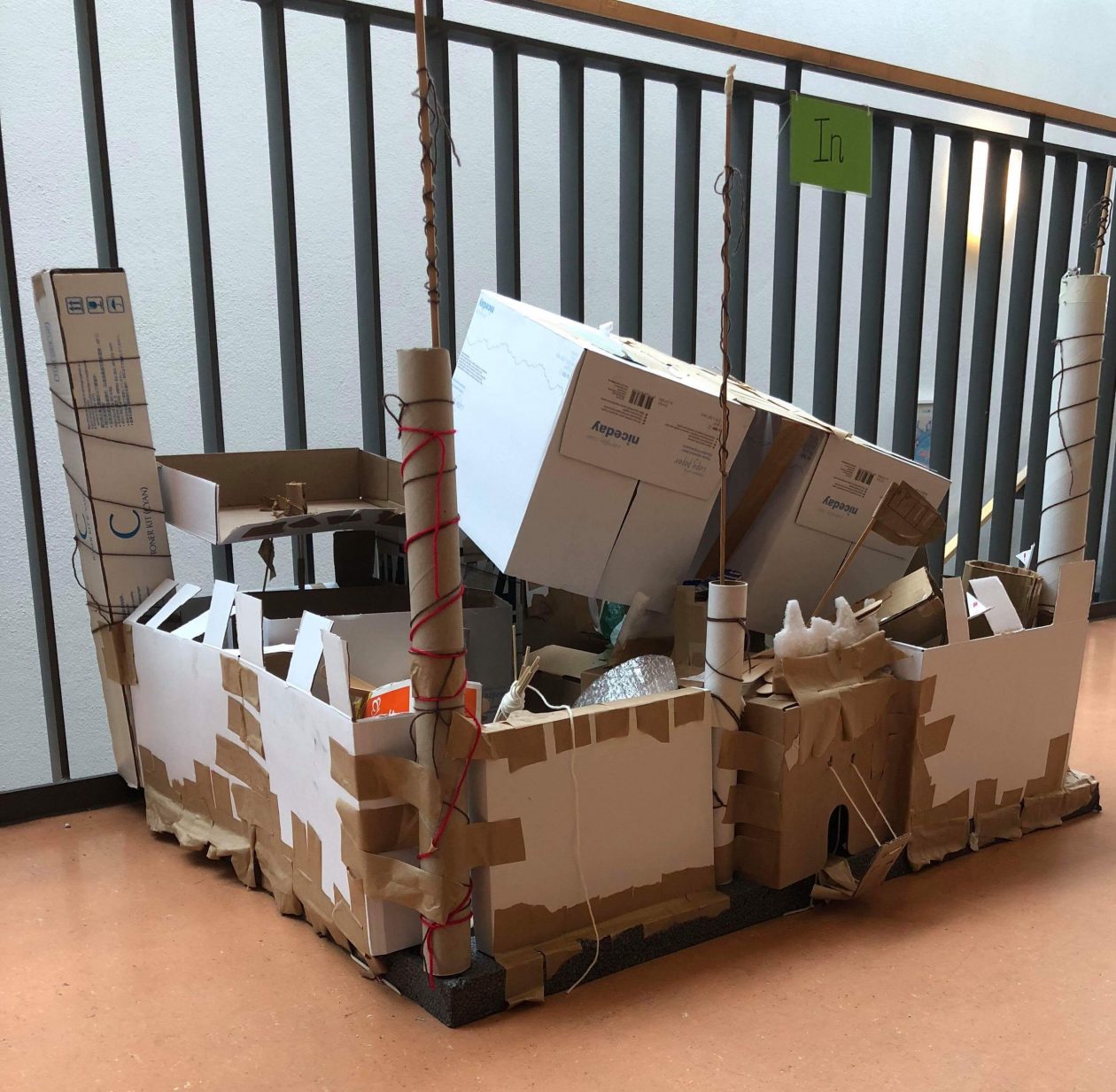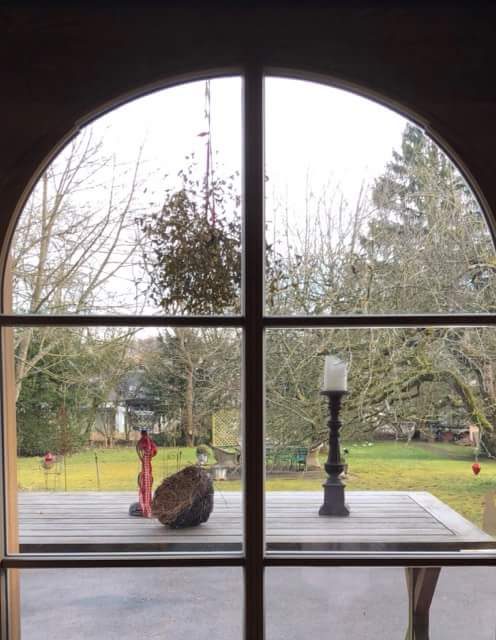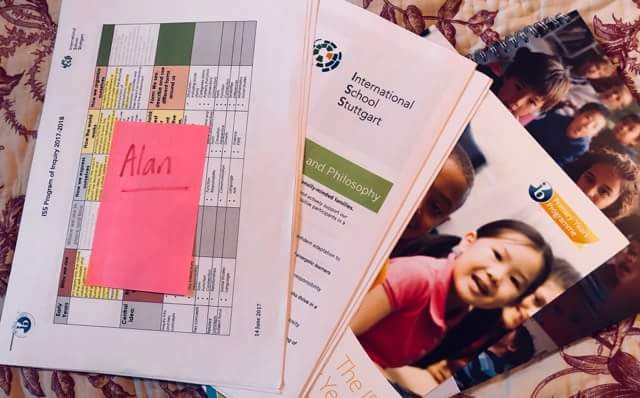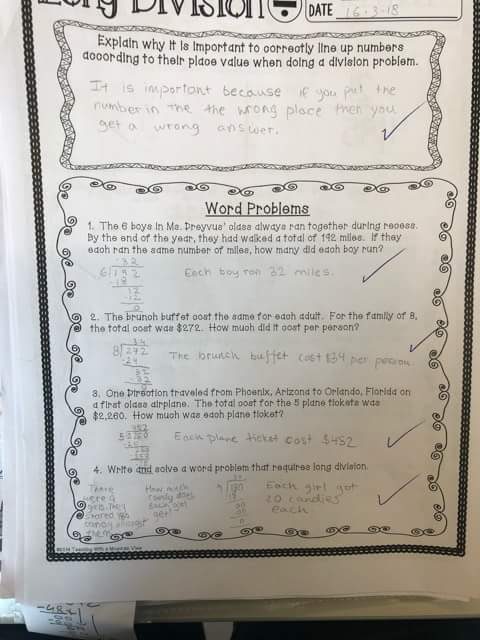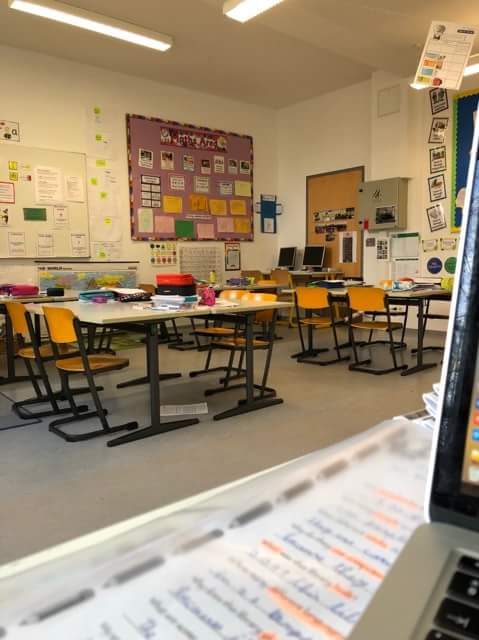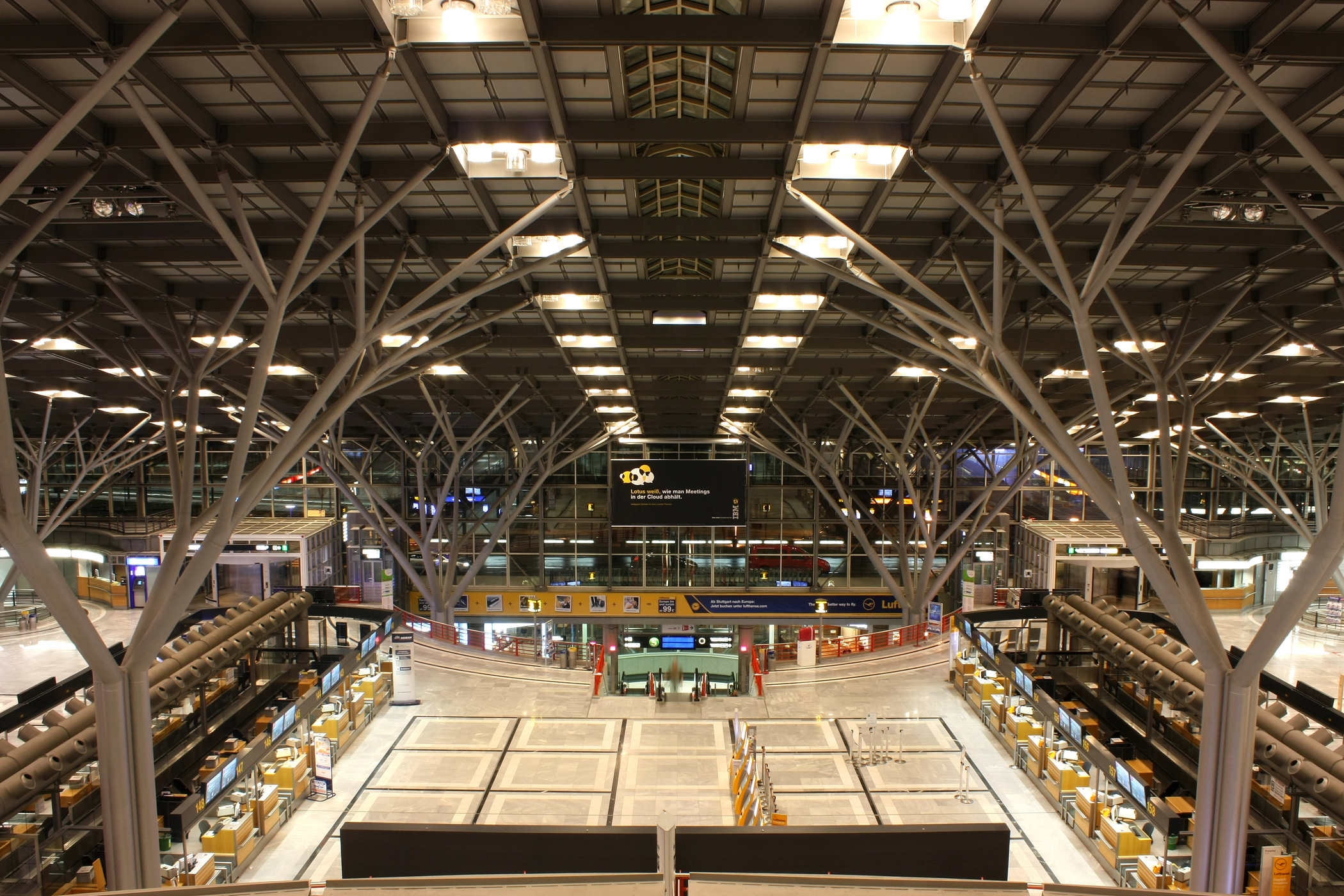The International School of Stuttgart is an educational institute that aims to create and shape globally-minded students that strive to see their prospects in life with a wide scope. The school follows the international baccalaureate diploma and provides education from Kindergarten through to grade 12:
“ISS is a vibrant, student-centered learning community where both subject rigor and character development are fostered, where tradition is valued and innovation embraced and where partnership with parents is a fundamental part of our philosophy.” (ISS, no date)
Particularly, within the “Making the Primary Year Program Happen” Document (2009), it finds that education that is international needs to be both inclusive and challenging to be able to shape a globally-minded being. A key area that I find relevant that interlinks with CfE is that International Schools aim to utilise the transdisciplinary model “whereby themes of global significance that transcend the confines of the traditional subject areas frame the learning throughout the primary years, including the early years.” (ISS, 2009, pg. 6).
International Baccalaureate, in a similar fashion to Curriculum for Excellence, strives IB learners to be:
Inquirers – Ensuring students are independent in their studies and are studying for the sake of learning and to enjoy the process of learning itself
Thinkers – Critical and creative thinking are needed in order to both understand problems that one faces on an academic level, but also beyond in real-life situations.
Principled – Thinking and acting with respect and taking into consideration of fairness and justice (which resembles the General Teaching Council for Scotland’s SPR 1)
Knowledgeable – Exploring knowledge in an interdisciplinary manner that allows
Communicators – Being able to communicate and express oneself in more than one language
Open-Minded – Having integrity to understand and value ones’s own historical heritage whilst also seeking the stories and beliefs of others to mould our perceptions and thoughts on the world around us.
Caring – Having compassion towards others and striving towards doing the most that we can to support one another.
Risk-Takers – learners must see challenges within their lives as areas for great development and critical reflection to occur when learning takes place.
Balanced – understanding the importance of balancing and juggling the aspects of our lives – physical,
Reflective – Being mindful of our strengths and weaknesses in life and being able to see where we need to go in life in order to achieve our goals.
All of these attributes culminate towards creating an IB learning profile that is fit for being a responsible citizen that can contribute both locally and globally with compassion and wisdom (International Baccalaureate, 2013, pg. 5).A key area that I find relevant that interlinks with CfE is that International Schools aim to utilise the transdisciplinary model “whereby themes of global significance that transcend the confines of the traditional subject areas frame the learning throughout the primary years, including the early years.” (ISS, 2009, pg. 6).
Furthermore, the transdisciplinary model, particularly within the development of skills, is seeped in pedagogical findings, particularly within the development of gross and fine motor skills (ISS, 2009, pg. 23), which Boyd & Bee (2014) emphasises that is core in the overall physical, mental and perceptual development of a child, ensuring that they are adequately equipped for their futures ahead. The international baccalaureate emphasises that the utilisation of large muscles alongside delicate muscles for precision need to be development (this is within the branch of Self-management skills.
Now, looking at ISS in a deeper lens, we can see that there are various stakeholders that impact the school but are also who are impacted by the institution itself. I will explore these within this post below.
Stakeholders:
“Our parents, as key stakeholders in the school, are an essential part in the education of children and an active Parent Teacher Association also helps relocating families to settle in, make new friends, find their way around and to feel part of the school and the local community.” (How to Germany, 2018)
Looking through the website and speaking to staff members, I have found that the school has a deep connection between staff members, students and their parents, as they are all stakeholders within the school. Particularly, the Board of Trustees. The Board of Trustees comprise the ISS Supervisory Board and members are elected to serve a four-year term of office and devote their time and energies on a voluntary basis. Those elected serve as being advisors for the School Director. Due to the school being a private non-profit organisation, the stakeholders, whom invest money into the school in order to see that students are adequately educated, have the right to have their voices heard in terms of the practices used within the school. Also, a predominate feature of the board of trustees is that they have children at the school of ISS, which also factors in the great deal of importance they place on their hopes for education. They will consider necessary funding and initiatives through a parental lens but also within a business lens – how will this improve/benefits the students/teachers at ISS?
I have also been told that the board meet on a regular basis (a minimum of once a year) with staff members in order to discuss the school.
Furthermore, the core stakeholders that are evident with every school are obviously the parents, the teachers, the staff members and, of course, the children. These are then interlinked with those affiliated with the school itself – finance providers, large resource companies (with the example of Michael Schmitt Gastro, who supplies the food in the canteen), and the International Baccalaureate as a whole. Not only does the school need to adhere to the laws of education for Germany, they must also cover the guidelines established by the IB pathway.
Leadership Team (Chief Roles):
There are many people involved within the International School of Stuttgart that go beyond just educating the children. Teachers are supported by both a leadership team and a human resources branch within the school, with various receptionists, support staff and involved parents participating in implementing the International Baccalaureate education.
The main responsibility within ISS lies with the School Director, who shares strategic and pastoral initiatives, as well as operational review, amongst the leadership teams, which “consists of the Business Manager, the Division Principals, the Head of Campus in Sindelfingen and the Director of Admissions and Enrolment.” (ISS – Leadership Team)
Beyond this, there are two principals for the lower and upper stages of the school (this is also due to the buildings being separate for the lower grades and upper grades). There is also a Business Manager who’s main role is focusing on the finances of the school. Human Resources Manager, Directors of Administrations and Enrolment, and even a head of another campus are some of the leaders that command the ongoings of the school. Also, working within the school I have seen that there are various other staff members that work with the children in differing formats. There are specialist teachers whose role it is to facilitate the education of a particular subject area (for example, students will go to art lessons in the art room that has a specialist, the same can be said with P.E and Music). This also allows teachers to have non-contact time to plan lessons and seek the required resources that are necessary to meet the learning intentions of their students.
My main points of contact are with the Lower School Principal, who needs to ensure that the school is running smoothly and accordingly as possible but also ensure the safety of the children within the school (a key example I saw on placement was a child was unable to eat and the head teacher had to make the executive decision to send them home because it impacted their capabilities to learn) and the Lower school assistant principal, who orchestrates much of the meetings for teacher planning. The assistant principal will meet with the teachers from each grade level to plan out the learning they hope to achieve, highlight any concerns or questions they have and make goals towards what they hope to achieve in their practice. I can see this being a massive job to undertake, but one of massive importance as it allows management staff and teachers to be on the same page in terms of the progression of learning.
Furthermore, the class teacher I was placed with first indicated to me that as an international school teacher she was able to source continual professional development workshops or courses, bring them up to management and possibly have the course paid for. So long as it was meaningful for the practitioner and the school could gain benefits from it. This can also be found on the school’s website amongst its Erasmus+ information, as a teacher can take part in training in any European country.ISS state that between the years of 2014 and 2017, 65 teachers and staff members benefitted from professional development that was funded through Erasmus+. Also, from discussions in the school, I have found that the school is in partnership with other schools across the EU (Poland, Italy and the UK being three examples of links that the staff have mentioned to me) to host students to come and learn about the school and also share their background, showing that the stakeholders are global.
Reference:
Boyd, D.R. & Bee, H.L. (2014) The Developing Child 13th edn. Essex: Pearson Education
How to Germany (2018) International School of Stuttgart Storefront [Website] Available at: https://www.howtogermany.com/storefronts/iss.html (Accessed 9th of March 2018)
International Baccalaureate (2013) What is an IB Education? [pdf] Available at: http://www.ibo.org/globalassets/digital-tookit/brochures/what-is-an-ib-education-en.pdf (Accessed 10th of March 2018)
International Baccalaureate (2012) The IB Primary Years Programme: Education for a better world Cardiff: International Baccalaureate.
ISS (no date) About ISS [Website] Available: http://www.issev.de/about-iss (Accessed 10th of March 2018)
ISS (2009) Making the PYP happen at ISS: A curriculum framework for international primary education Cardiff: International Baccalaureate.
